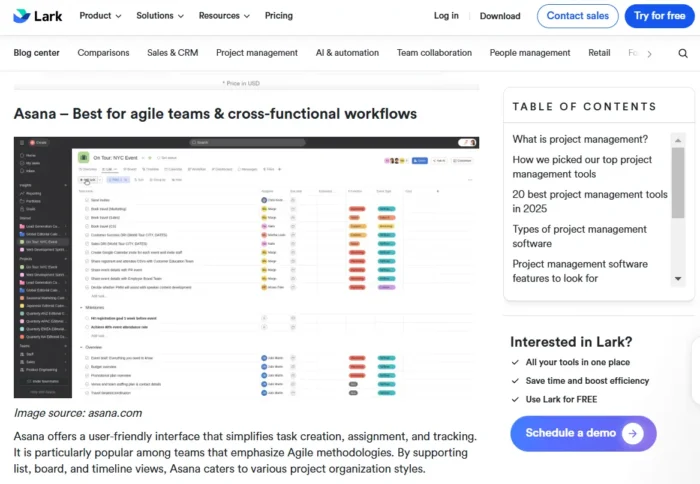How does SEO work for branded, and non-branded keywords?
If you’re dipping your toes into the ocean that is SEO, you may be concerned with ensuring you get your brand name out there as much as possible. And you’d be forgiven for thinking that shouting your brand from...

If you’re dipping your toes into the ocean that is SEO, you may be concerned with ensuring you get your brand name out there as much as possible. And you’d be forgiven for thinking that shouting your brand from the rooftops is the best course of action. Sometimes it is, but when it comes to SEO, there’s a lot more to consider. We know that keywords are used to help direct traffic to your site from the search engines, but it’s important to remember that that ‘traffic’ isn’t some all-encompassing group of something, it boils down to individual people, completing individual search queries. This means that one approach certainly does not fit all when it comes to targeting keywords.
Types of keywords
There are different types of keywords that serve different functions, so to ensure you’re visible to as many users as possible, you’ll want to consider how each type works for your website.
Commercial – linked directly to brandsInformational – answering questionsNavigational – specific pages or sitesTransactional – intent to purchase or complete an actionCommercial, navigational and to some degree transactional all fit nicely with branded keywords, as the chances are a lot of these users already know about your brand and have intent to search for things linked directly to you. This means they’re likely using your brand name within their search.
Informational keywords are strongly linked to non-branded keywords, and this is where you’ll find there’s a large pool of potential customers who may not know about you specifically, but are in the market for the products or services you offer.
Why are branded keywords important?

Branded keywords serve a clear purpose – they allow searchers to find you easily as they know who you are and what you offer (or the sorts of things you offer). You may notice on the search engine results pages (SERPs) that adverts appear for different brands to what’s been searched for. This is because they sell the same products and are attempting to capture some of the users as they have a very clear search intent. For example, you search for River Island as you’re in the market for a new pair of jeans, but you see ads for Asos and New Look too.
Adverts aside, when we look at increasing organic traffic, using branded keywords throughout your website copy will reinforce who you are, and allows users to find you directly online. These users are likely to have a strong intent to purchase, so utilising branded keywords gives you the best chance of making sure they find you, and not a competitor. Examples of branded keywords:
New Look jeansAsos black t-shirtBlouse from NextBranded keywords should be utilised in meta descriptions and page titles, and within website body copy. Don’t overdo it, as with everything keyword-related, keyword stuffing is a big no.
Why are non-branded keywords important?
The key thing to remember when it comes to non-branded keywords is that you’re tapping into a huge pool of users who are searching for products or queries related to your business, but they’re not necessarily aware of your specific brand or know whether you sell that item. So, the goal here is to use non-branded, relevant keywords to direct them to your website and hopefully convert.
Non-branded keywords are incredibly important for your organic search efforts as they have the power to increase your website’s overall visibility in the SERPs. Non-branded keywords could encompass hundreds of relevant terms that when used properly and effectively attract that sought-after high-quality traffic. So, what do we mean by non-branded keywords?
If you’re a company selling cleaning products, you’d be looking to incorporate relevant (relevancy is key here), high-volume search terms to the corresponding pages on your site. For example, the term ‘rug cleaner’ has 6,600 average monthly searches, so you would want to ensure it’s used on the relevant product pages as a starting point. You can use tools like Google Keyword Planner to discover the search volume of keywords, or if you wanted to really get stuck in, conducting a complete keyword research exercise is incredibly beneficial to see what opportunities are available for your website.
Using non-branded keywords can work well for customers at the top of the funnel too. Answering search queries with a purely informational intent builds brand trust and awareness, so you may capture some of these users as they move down the funnel towards conversion. For example, a cleaning website with a blog may want to answer queries like ‘how to clean a hardwood floor?’, or ‘how to remove water stains from a fabric sofa?’. You can use this content to add links to relevant products and create content that genuinely helps users.
No matter what content you settle on, make sure you’ve done your research around which keywords are best suited to the copy, and make sure you’re targeting terms with decent search volume. Don’t over-complicate your copy, write for the user, and not the search engines. This last point is especially important as Google’s most recent Helpful Content Update is focused on ‘people-first’ content, ensuring websites are producing high-quality, relevant content that effectively answers user queries. You can read more about this update in our blog post.

 Troov
Troov 































